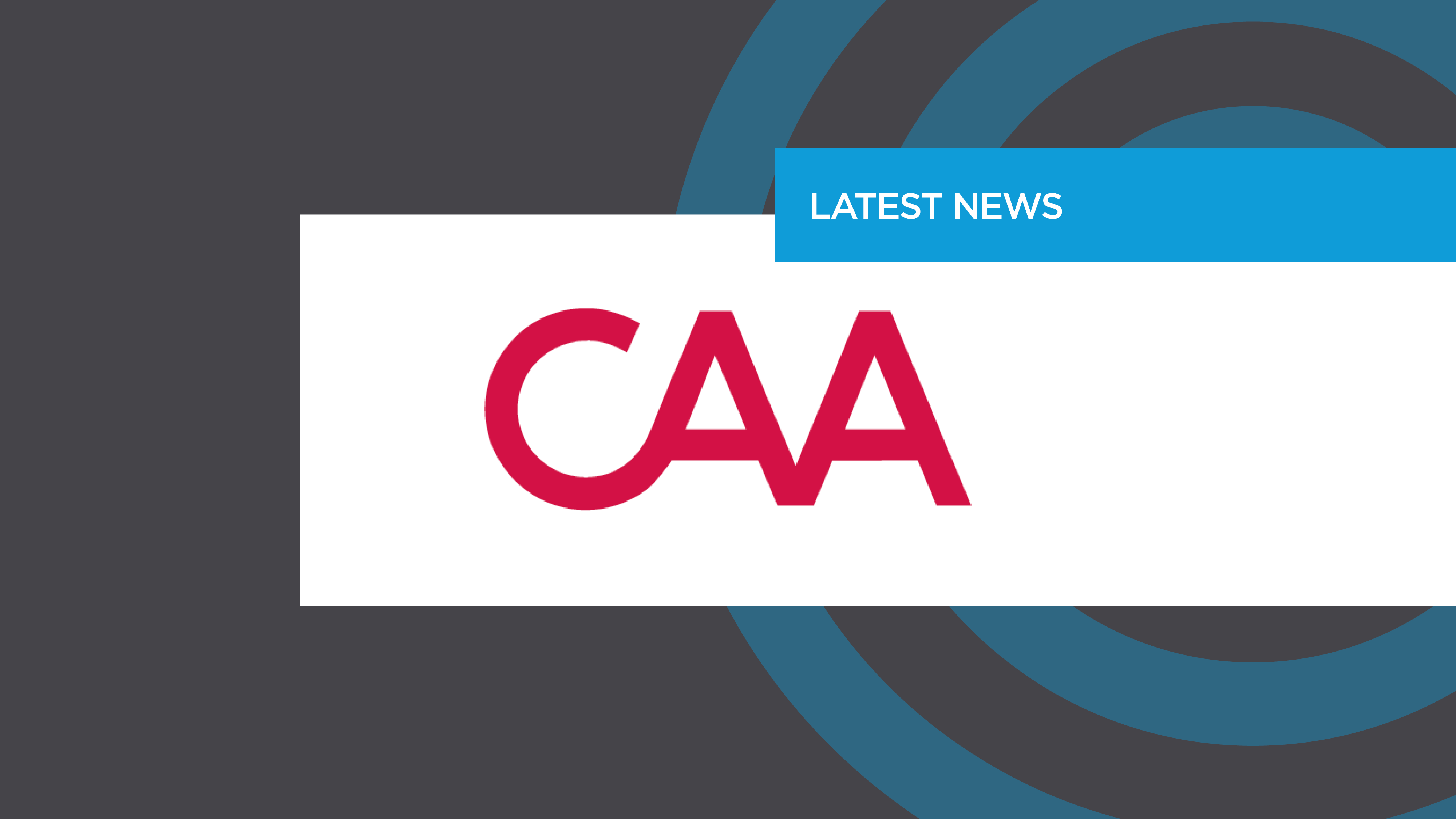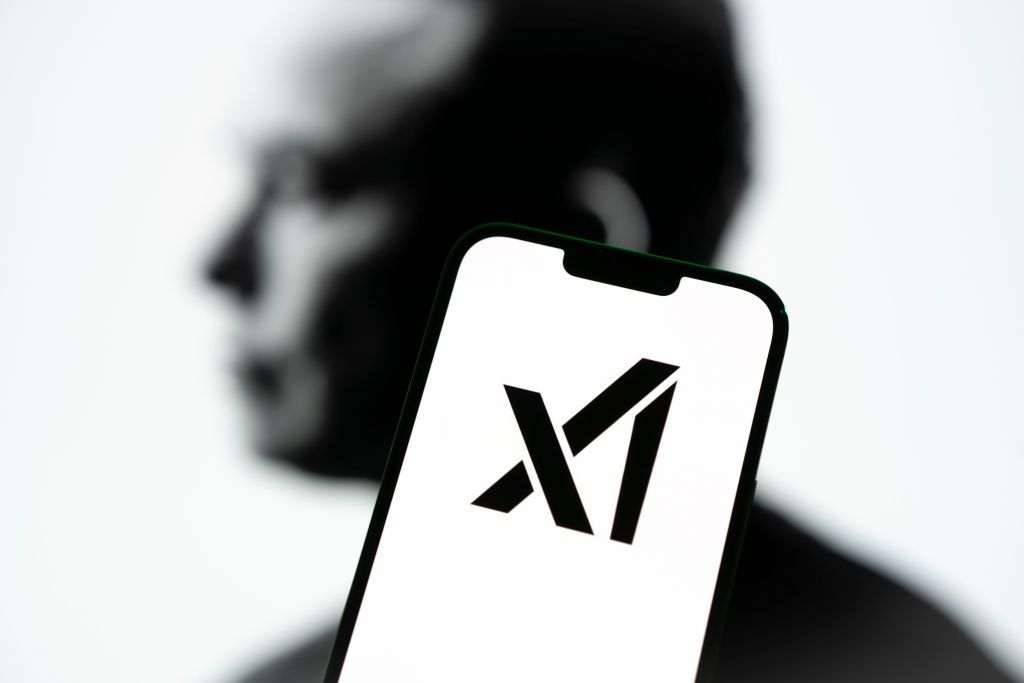Creative Artists Agency (CAA), a top agency for sports and entertainment stars, strives to pioneer AI protection services for Hollywood’s elite.
CAA has created a virtual media storage system for A-list talent, including actors, athletes, comedians, directors, musicians, and more, to store their digital assets, including their names, images, digital scans, voice recordings, and more, in light of the widespread misuse of celebrities’ likenesses online. The new project is a component of “theCAAvault,” the company’s studio where actors use scanning technology to record their voices, bodies, faces, and motions to build artificial intelligence clones.
The business revealed earlier this week that CAA has partnered with Veritone, an AI tech company, to offer its digital asset management system.
The news is made against the backdrop of an increase in AI deepfakes of famous people, many of which are made without the subjects’ permission. Renowned actor and CAA client Tom Hanks was duped by an AI scam seven months ago. He said that a business had improperly utilized a video of him produced by artificial intelligence to advertise a dentistry plan.
“Our clients’ names, likenesses, photos, and voices have been widely misused over the last few years without authorization, credit, and appropriate pay. There is a lot of pending litigation at the moment, which indicates that the legal system needs to be designed to be able to defend them, according to Shannon.
Digital clones require a substantial amount of personal data, which presents several privacy issues due to the possibility of compromised or misused sensitive information.
Authorized individuals can only access a secure personal hub in the CAAvault, where CAA clients can store their AI digital duplicates and other assets. This feature lets clients share and monetarily exploit their content as they see fit.
As head of strategic development at CAA, Alexandra Shannon said that “this is giving the ability to start setting precedents for what consent-based use of AI looks like.” Since the law will take some time to catch up, talent who owns their digital likeness through [theCAAvault] now has a valid way for businesses to collaborate with one of our clients. In the long run, it will be much simpler for legal cases to demonstrate that a third party violated their rights if they choose not to cooperate with them appropriately.
Notably, the vault guarantees that performers and other creatives receive fair compensation when businesses use digital likenesses.
Since each customer owns each of these assets, it is primarily up to them whether or not they wish to allow anybody else access. The selection of the best business plan for a given opportunity also rests entirely on the talents. This is a brand-new area that is still developing. Over time, there will be more opportunities and value for these assets. This shouldn’t be a less expensive method of working with someone. Shannon continued, “We see [AI clones] as an improvement rather than a way to save money.
In addition, Zendaya, Steven Spielberg, Beyoncé, Ariana Grande, and Reese Witherspoon are all represented by CAA.
Hollywood has seen much controversy regarding the usage of AI cloning. Some argue it could result in fewer job prospects since studios prefer digital clones over genuine actors. The 2023 SAG-AFTRA strikes ended in November when members approved a new deal with AMPTP (Alliance of Motion Picture and Television Producers) that acknowledged the value of live performers and included rules regarding using “digital replicas.” This was a significant point of contention during the strikes.
Concerns have also been raised about the improper use of AI clones by famous people who have passed away, which may upset relatives. For example, the star’s daughter, Robin Williams, voiced her disgust at a voice recording created by artificial intelligence. Some contend that it might be a nostalgic approach to honor a legendary performer and replicate their roles in upcoming works for the enjoyment of future generations if done orally.
“AI clones are a valuable method for preserving legacies for upcoming generations. All AI applications are subject to CAA’s consent and permission-based methodology, and the company will only collaborate with estates that possess these likeness assets and have been granted authorization for their use. Shannon stated that the decision of who will give ownership and permission for use after their death rests with the artists.
Shannon stated that only a few CAA clients keep their AI clones in the vault. However, she would keep the number of clients who are doing so. In addition, CAA charges a fee for consumers to use the vault; however, the precise cost was not disclosed.
Making this available to our clients and everyone in the industry will be the ultimate goal. The speaker continued that although it is not cheap, the costs will decrease with time.



